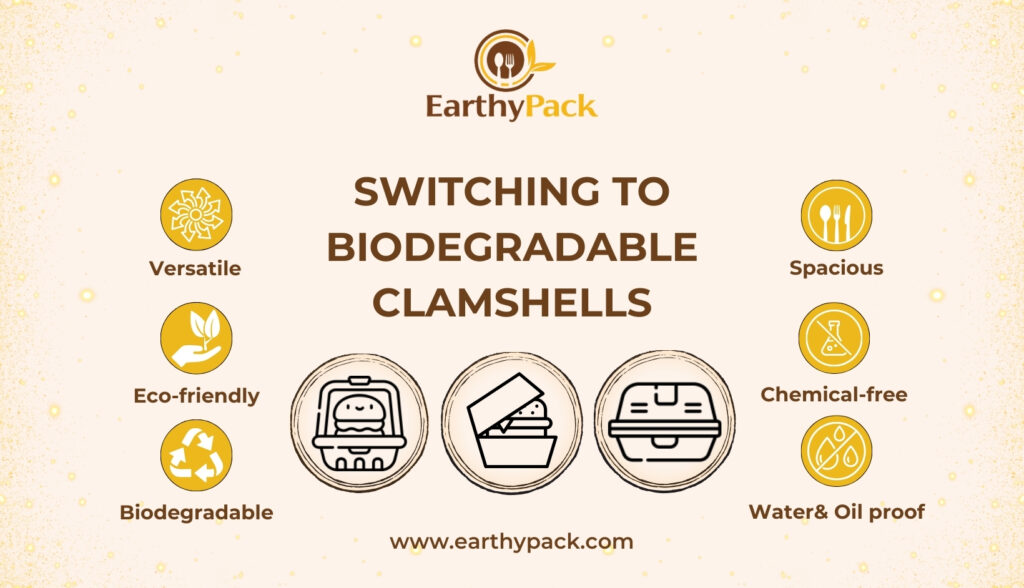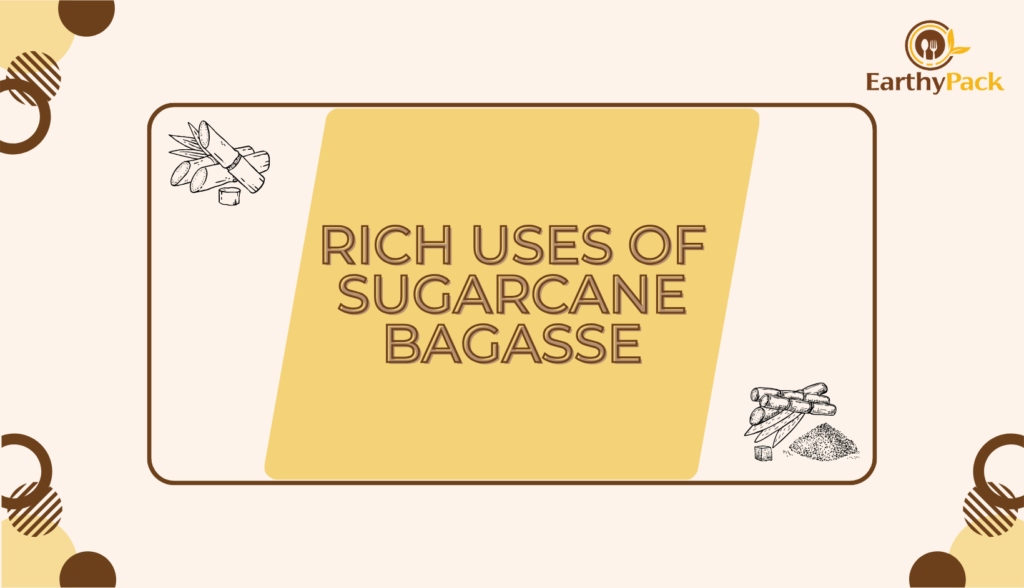For decades, plastic has been the go-to material for disposable tableware.
But now people are becoming aware of the environmental hazards of plastic pollution, and India is no exception.
Introduction:-
In recent years, there has been a noticeable shift towards eco-friendly alternatives in India, driven by increasing environmental awareness and concerns about plastic pollution. One such area experiencing growth is the biodegradable tableware market.
In this blog, we’ll explore the rapidly growing trend of biodegradable tableware in India, its drivers, challenges, and potential impact.
Understanding Biodegradable Tableware:-
Biodegradable Tableware is made from natural materials like sugarcane bagasse, bamboo, areca palm leaves, and even wheat straw. These materials break down naturally over time, leaving no harmful residues behind. These products offer a sustainable alternative to conventional plastic tableware, which contributes significantly to environmental pollution.
- Market Overview
- Rising Demand
- Consumer Awareness: Growing concerns about plastic pollution have led consumers to seek eco-friendly alternatives.
- Government Initiatives: Government regulations and initiatives promoting sustainable practices and banning single-use plastic have further accelerated the adoption of biodegradable tableware.
- Market Size and Growth
- According to market research reports, the biodegradable tableware market in India is experiencing steady growth, with increasing investments from both domestic and international players.
- The market encompasses a wide range of products, including plates, bowls, containers, clam shells, etc. catering to various consumer needs and preferences.
- Rising Demand
- Drivers Of Growth
- Environmental Concerns
- Plastic Pollution: India faces a significant challenge of plastic pollution, with vast quantities of single-use plastics polluting landfills, water bodies, and ecosystems.
- Biodegradability: Biodegradable tableware offers a sustainable solution to reduce plastic waste and minimize environmental impact, resonating with environmentally conscious consumers.
- Government Regulations
- Bans on single-use plastics: Several Indian states and cities have implemented bans on single-use plastics, creating an environment for the growth of biodegradable alternatives.
- Policy Support: Government policies promoting sustainable practices, waste management, and eco-friendly products have incentivized businesses to invest in biodegradable tableware manufacturing.
- Environmental Concerns
- Challenges And Opportunities
- Cost and Affordability
- Production Costs: Biodegradable tableware often incurs higher production costs compared to conventional plastic products, making them relatively more expensive.
- Price Sensitivity: Affordability remains a key concern, especially for price- sensitive consumers, posing a challenge to widespread adoption.
- Cost and Affordability
- Impact On Sustainability
- Reduced Plastic Pollution
- By replacing conventional plastic tableware with biodegradable alternatives, India can significantly reduce its plastic footprint and mitigate environmental pollution.
- Biodegradable tableware decomposes naturally, minimizing the accumulation of plastic waste in landfills, oceans, and natural habitats.
- Promoting Circular Economy
- Biodegradable tableware supports the transition towards a circular economy by promoting the use of renewable resources, reducing dependence on fossil fuels, and closing the loop through composting and organic recycling.
- Reduced Plastic Pollution
- Ban on Single-use plastic in India: The implementation of bans on single-use plastics by various Indian states and cities has significantly contributed to creating an environment beneficial to the growth of biodegradable alternatives. With restrictions on plastic usage, there is increased demand for sustainable alternatives. This initiative encourages businesses to invest in eco-friendly solutions and promote a shift towards more sustainable practices across the country. Single-use plastic is banned across the country and some states like Tamil Nadu, Maharashtra, Himachal Pradesh, Telangana are strictly following the norms. This move aims at phasing out the single-use plastic.
- Some top manufacturers of Biodegradable Tableware: –
- EarthyPack
- Eco Eat India
- Dinearth
- Greenvale Eco Products
- Fresh Tableware
- Chuk Compostable Tableware
Conclusion:-
The biodegradable tableware market in India is witnessing remarkable growth driven by increasing environmental consciousness, government regulations, and the need for sustainable alternatives to plastic. While challenges such as cost, infrastructure, and awareness persist, the market presents significant opportunities for innovation, investment, and environmental protection. With continued efforts from stakeholders across sectors, biodegradable tableware can play a vital role in India’s journey towards a greener and more sustainable future.
Support local businesses and initiatives that offer biodegradable tableware options, contributing to the growth of sustainable industries in India.







